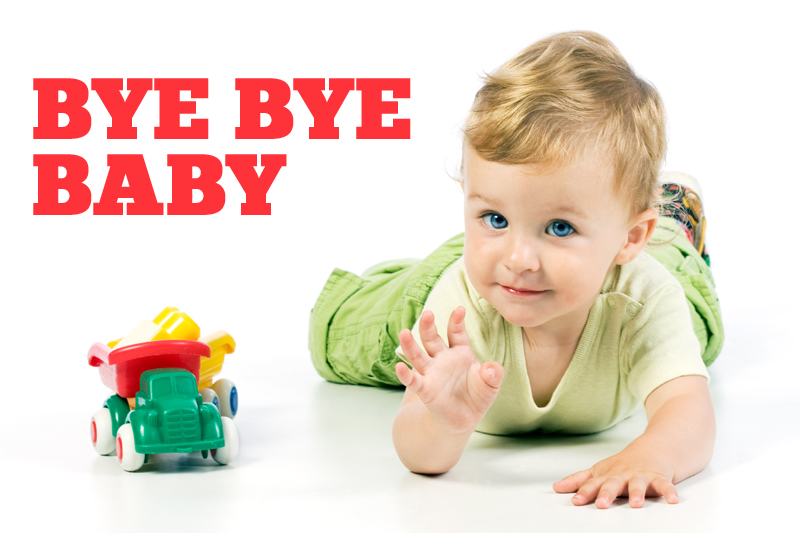7 Tips for Overcoming Separation Anxiety

Does separation anxiety rule your world? It’s hard to leave when your child is screaming and crying for you and wants you to stay by his side. These big feelings may be overwhelming for both parent and child, but separation anxiety is actually a normal part of child development.
It isn’t unusual for babies and toddlers to become tearful or clingy (or even have a full blown meltdown) when it’s time for Mommy or Daddy to leave—even if the child is being left in familiar surroundings. Unfortunately, many parents make the separation even harder without realizing. After spending decades in childcare settings, I’ve learned some ways to make drop-off easier.
1. Don’t throw children into new surroundings without warning. Visit a new childcare center or sitter several times with your child before leaving him for the first time. Sit in on circle time or stand nearby while your child’s future caregiver holds or plays with him. Building familiarity will make the transition easier.
2. Talk about what to expect. If he is starting preschool for the first time, read books featuring his favorite characters heading off to school. Tell him about all the fun things he’ll get to do—play, paint, play outside and so on. Go over the plan for drop-off, keeping it upbeat. For example, “I’m going to walk you to your classroom and help you put your backpack in your cubby. Then you are going to have so much fun while I go to work! I packed you peanut butter and jelly for lunch and I’ll be back after nap.” Model that it’s no big deal, and your child will pick up on that idea.
3. Don’t sneak out. I’ve seen many parents sneak out the door as soon as their child looks away. This makes the child more upset when he realizes Mom or Dad left without even a goodbye or reassurance that they’ll be back. These children were sometimes inconsolable all morning. Always let your child know you’re leaving and that you’ll be back.
4. Be quick. On the other hand, prolonging the goodbye is also traumatic. I’ve seen parents drag it out so long that both child and parent are emotionally exhausted—and the parent still hasn’t left! This doesn’t mean you should push them out of the car and drive off. Walk your child in; give him a cheerful hug, kiss, and goodbye; and head out.
5. And keep going. Returning to pick him up again if he cries just delays the process. Say goodbye and go. Call later to check on your child if it will make you feel better.
6. Be on time. Always return on time. This builds trust and will allow your child to become comfortable in knowing you’ll always come back.
7. Repeat. Separation anxiety is a phase. It will pass, but your child may deal with short bouts of it at different points of his development.
Rachael Moshman is a mom, freelance writer and blogger. She has a master’s education with a focus on infant and toddler development. Find her at RachaelMoshman.com.
